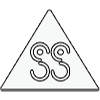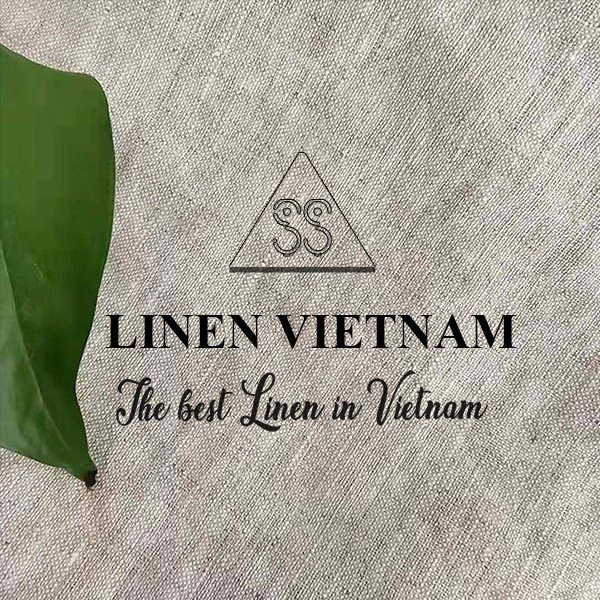Bài viết
ENZYME WASHED: THE SECRET TO SOFT LINEN
When it comes to fabric treatment, Enzyme Washed stands out as an optimal solution for those who love sustainability and environmental friendliness. So what is the Enzyme Washed method and how does it affect the quality of linen? In this article, let’s learn more about the enzyme washed process with Linen Vietnam!
Table of Contents
What is Enzyme Washed?
Enzymes are natural proteins that can speed up chemical reactions. Enzymes can be cloned in the laboratory and “programmed” to perform a specific function.
In the garment and fashion industry, the enzyme washed method is used to decompose stains from food, grease, and especially it helps to make materials from natural plants. That is why enzyme washed is very popular in the linen treatment process, because linen is made from completely natural linen fibers. During the washing process, enzymes will act on the fabric surface and increase the abrasion of the top linen layers.
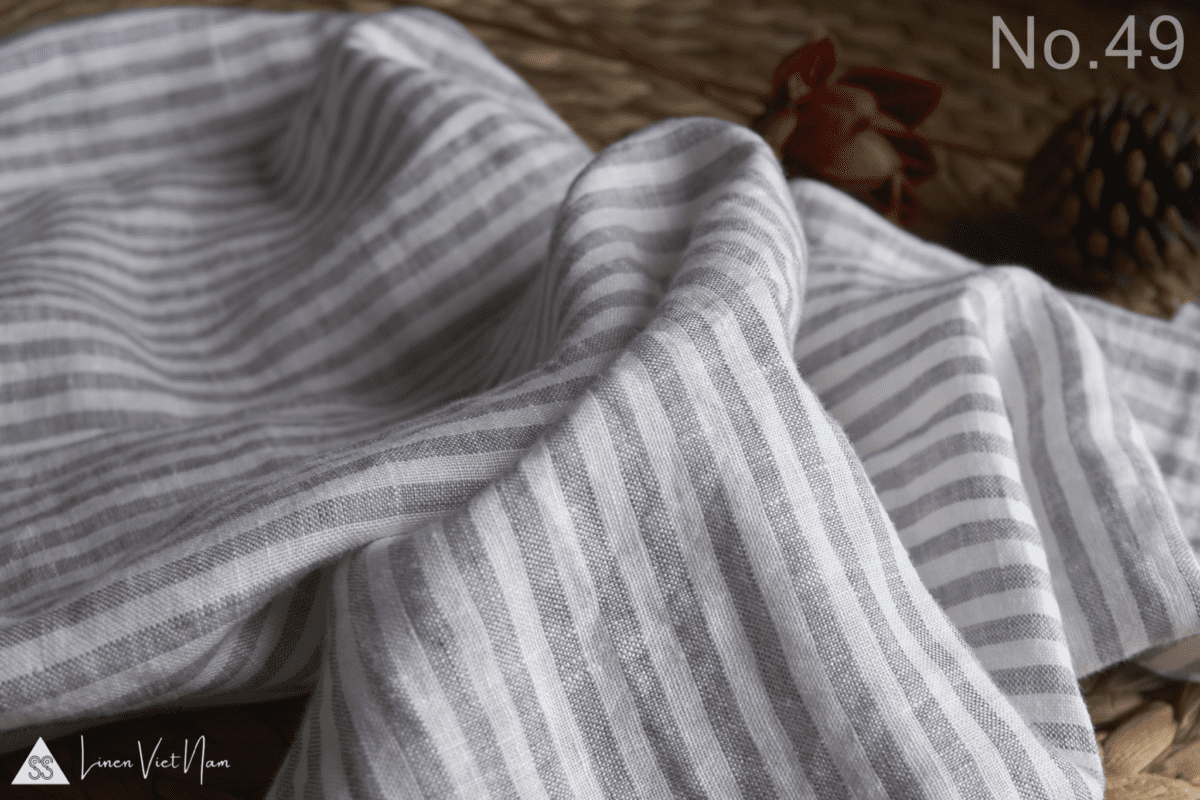
What is special is that this process is very environmentally friendly because enzymes are natural, biodegradable, harmless to health and can be cleaned without using strong chemicals.
Great benefits from the enzyme washed method
Fabric treatment with the enzyme washed method is a great way to keep clothes new and clean without causing too much physical impact. The result of the enzyme washed process is that the linen becomes soft, smooth, and soft to the touch. However, linen still retains its long-term durability, not easily thinned or torn over time. Enzyme washed linen has excellent absorbency, is breathable, and brings a light, comfortable feeling to the user.
Enzymes can work well even at low temperatures, making them suitable for fabrics that can only be washed in cold water. In response to the global trend of environmental protection and naturalism, many detergent manufacturers around the world have begun to incorporate enzymes into their formulas to ensure that they work at all temperatures and are more environmentally friendly.
Enzyme washed is often used to create the characteristic “old” and classic look of linen. Not only with linen, the enzyme washed method is also applied to denim and many other materials.
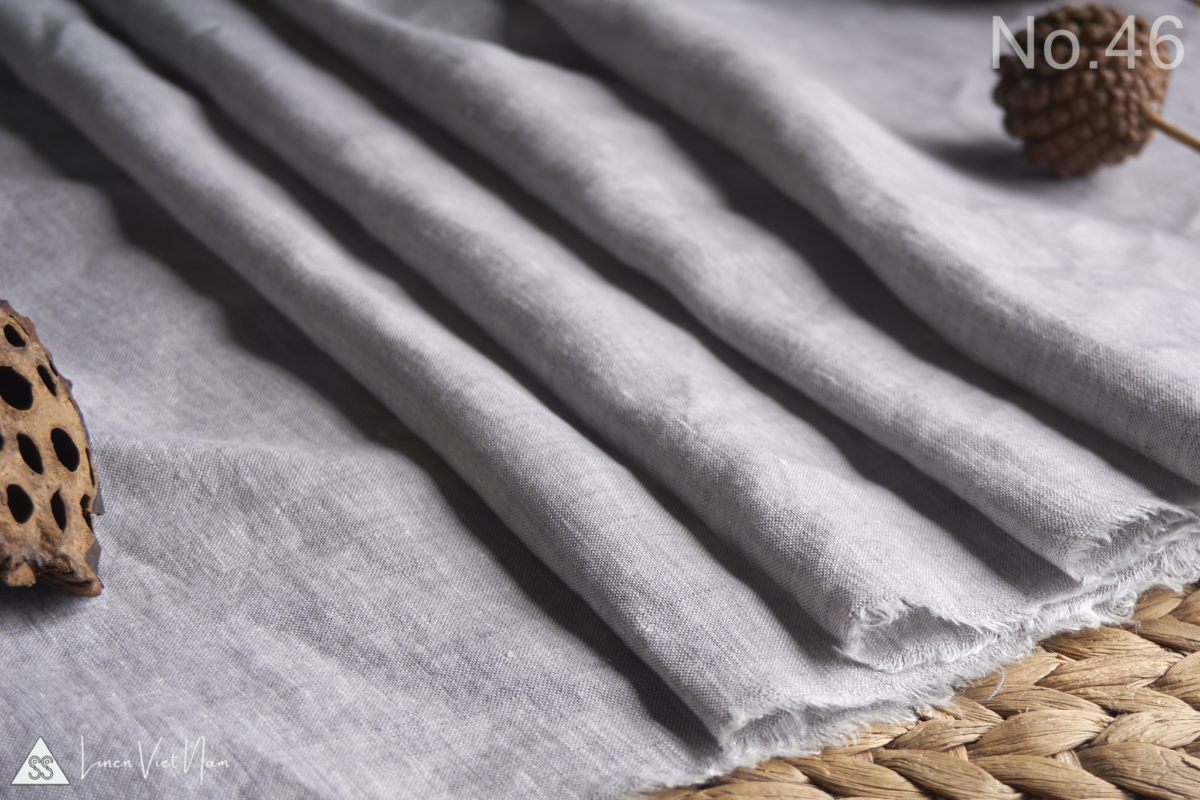
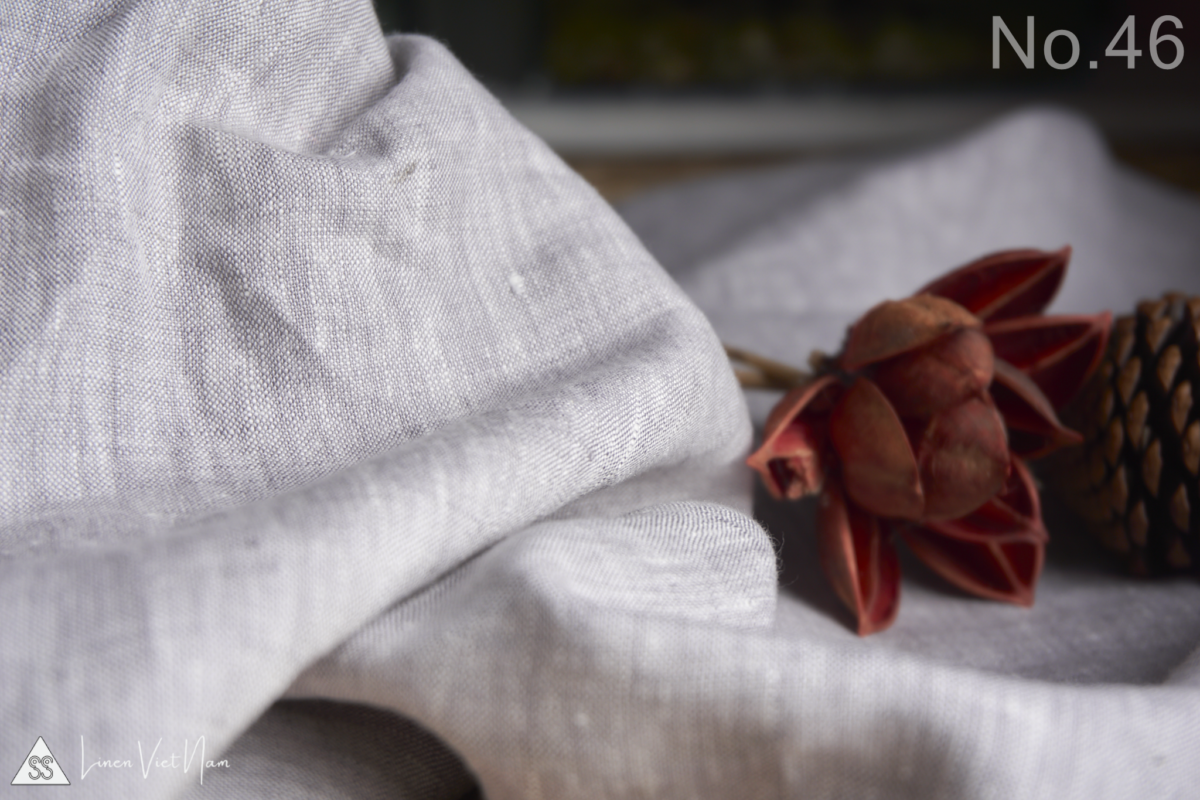
Enzyme Washed or Stonewashed – Which is the right choice?
The enzyme washed method can help linen achieve the same effect as the stonewashed method. The main difference is that enzyme washed affects linen with organic chemicals, while stonewashed affects linen more physically through friction.
The above two methods are still widely used worldwide in the linen treatment process. We cannot conclude which method is “superior” to the other, because each method will be suitable for treating linen at different weights, and depending on the “effect” you want the linen to have.
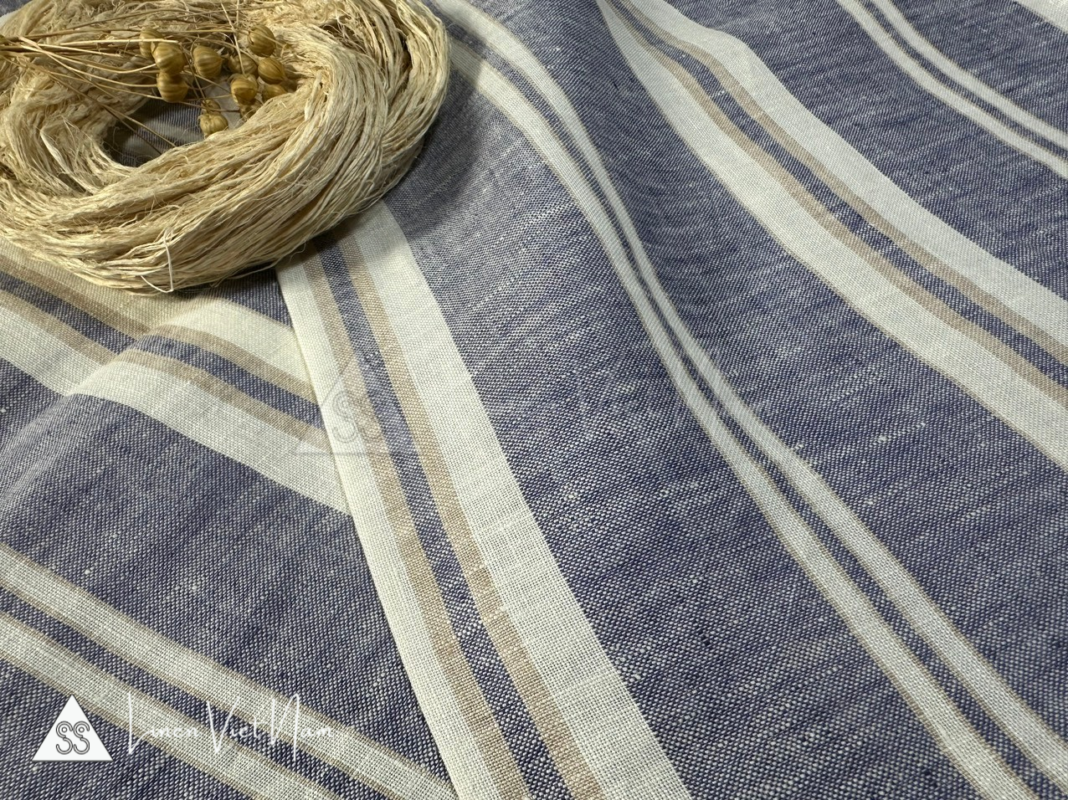
In conclusion, the enzyme washed method stands out as a sustainable and eco-friendly way to enhance the softness and durability of linen. By using natural enzymes to treat the fabric, this process ensures that your linen garments not only feel smooth and comfortable but also maintain their strength over time. Whether you’re aiming for a soft, worn-in look or simply want a more comfortable piece of clothing, enzyme washed linen is a fantastic option. For those seeking high-quality fabric treatments, Linen Vietnam offers a range of eco-friendly products designed to preserve and elevate your linen experience. Visit our fanpage today to learn more!
If you are looking for an effective, environmentally friendly fabric treatment product at a reasonable price, Linen Vietnam currently sells ECO STONEWASHING ENZYM Pumice Powder and PRECIOUS TOUCH SOFTNER. This will be an effective solution for the treatment and preservation of linen clothes. Don’t hesitate to visit the Linen Vietnam fanpage for detailed advice!
